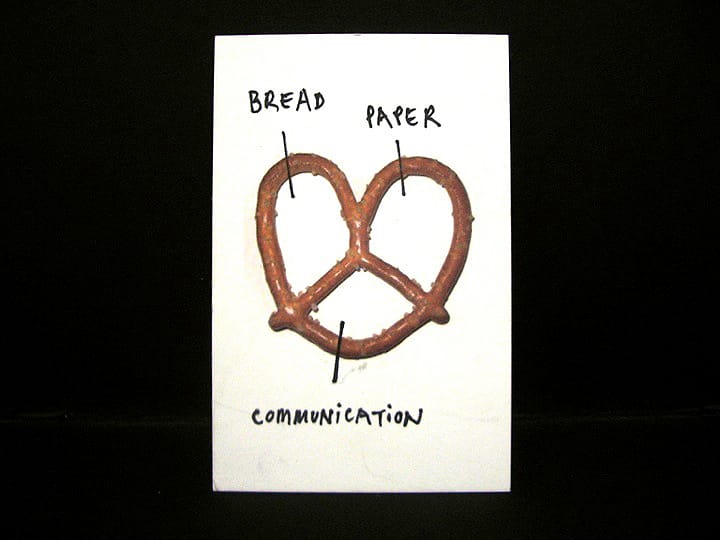A graphic designer who's always had a passion for bread, Alex Bettler is now taking his love of baked goods to a whole new level. Anna Lisa Reynolds went to meet him at the E5 Bakehouse to find out more.
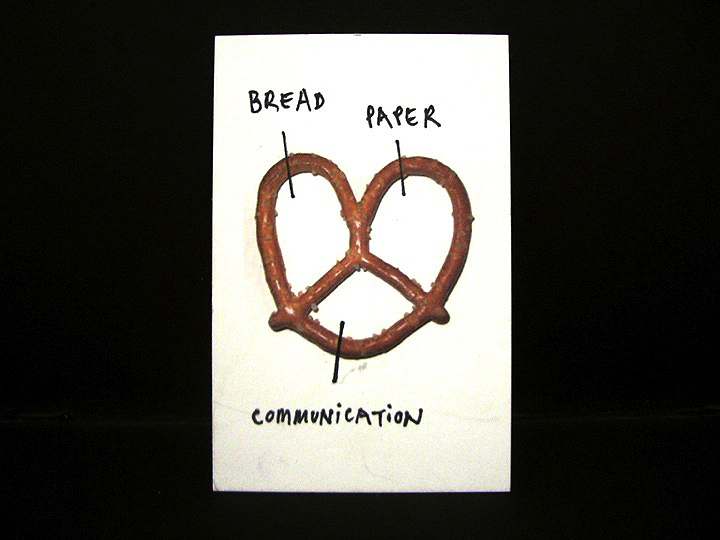
When interviewing graphic designers, the chance to snoop around their studios is a definite perk of the job. The state of someone’s workspace speaks volumes, both personally and professionally - you can tell a lot from the books on the shelves and work on the walls, from the mess (or lack thereof) and even the prominence and provenance of the coffee machine. Alexandre Bettler’s East London workplace is, then, a bit of a departure from the norm. We meet at E5 Bakehouse, under the arches below London Fields station, where the first of the breakfast crowd begin to filter in as we talk. Behind the racks of sourdough and rye, staff who’ve clearly had a very early start are already busy with the next batch. Looking around, I’d hazard a guess that designers of one kind or another make up a fair proportion of the Bakehouse’s clientele, but so far, Bettler’s the only one working on the other side of the counter; for ten months, he’s been here honing his skills as a baker, having set his graphic design practice aside, at least for the moment.
Just over a year ago, his workplace was very different indeed. Up until that point, Bettler was based just down the road in the studio occupied by Modern Activity, the design practice he founded in 2007 with fellow Royal College of Art alumni Matthew Appleton and Daniel Crabbe. A graduate of the Ecole cantonale d'art de Lausanne (ECAL) in Switzerland, he had worked freelance as a designer for several years before embarking upon an MA in Visual Communication at the RCA, where he met his future studiomates; Modern Activity was formed in 2007, shortly afterwards. In the intervening years, they worked with a broad roster of clients within the arts and cultural sector designing, among other things, artists’ books and catalogues, printed programmes, posters and flyers, and websites for fellow creatives and organisations. To an outsider all seemed to be going very well indeed, but Bettler had a different dream in the back of his mind, one that was slowly gaining momentum. When Modern Activity closed in December 2013 it was, as he puts it, “a case of ‘now or never’”.
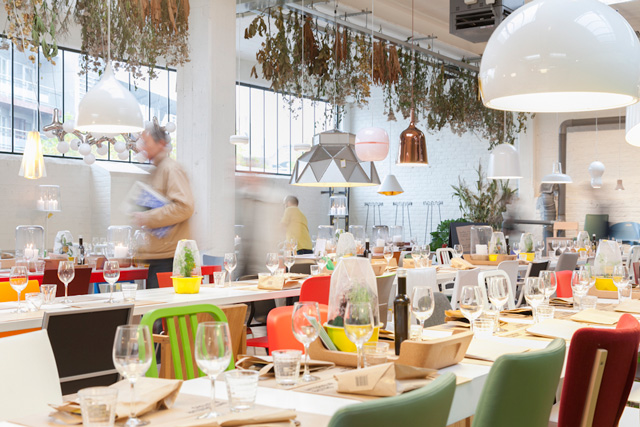
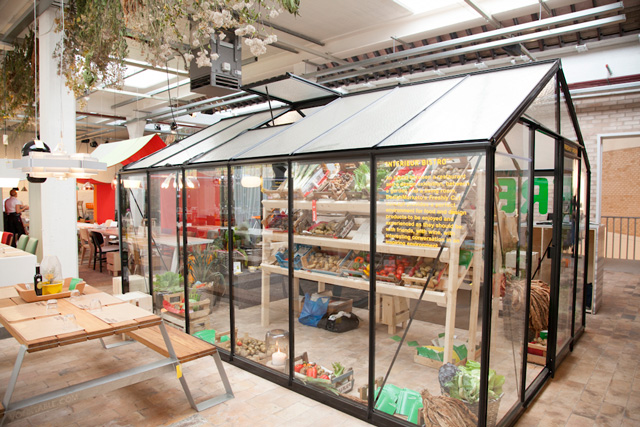
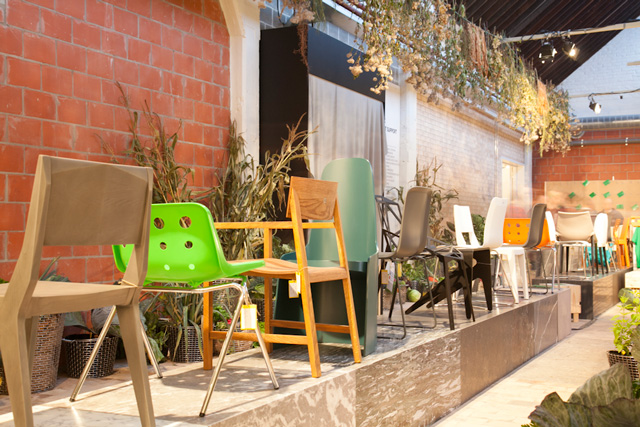
Bettler’s latest venture into breadmaking is the culmination of a long-standing fascination of his, both with bread itself and with the way that food can act as a catalyst for communication. Whilst at the RCA, he began a series of workshops on that theme, triggered by a simple fact he had come across: that the French word for friend, copain, is formed from the latin roots cum (with) and panis (bread), meaning ‘with bread’. The association stuck with him. “It started something happening,” he recalls. “I really like bread as an image or concept, and as a tool to get people to communicate and to share and make friends, which is the basis of something more valuable. It’s cheesy sometimes, the idea of ‘breaking bread’ together, but I still think there’s something interesting behind it.”
The bread workshops, which he still runs to this day, bring together people and food in an experimental and playful environment. Working with students, within institutions or as part of larger events, they have been the source of several publications he has designed and edited himself. Often humble in form, the books document the process of baking itself but also something less tangible - the forging of incipient friendships, the exploration of cultural differences, and the development of alternative approaches to the creative process. It says a lot for the focus of his enthusiasm that it’s copies of these, rather than the beautiful but more formal output of his commercial design practice, that he brings along to our interview.
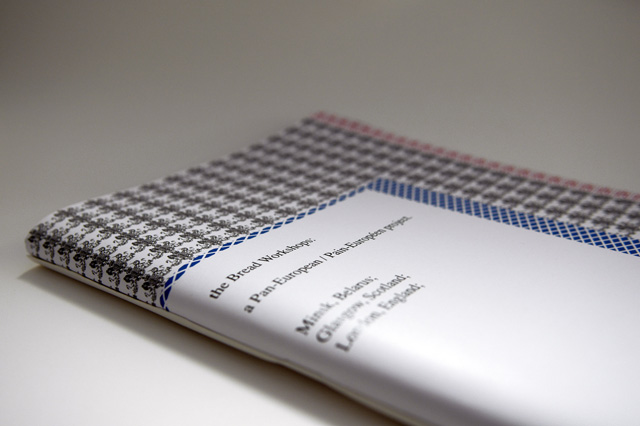
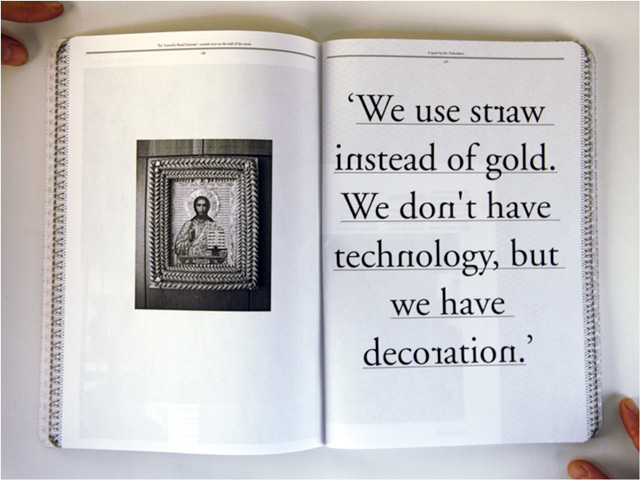
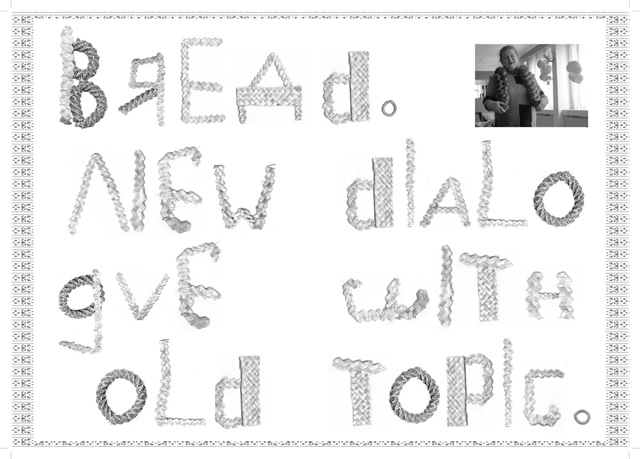
“As a designer I was always most interested in books,” he admits, “both as objects, and as a means of sharing knowledge.” The publications created from his workshops have a raw, almost sketchbook-like quality to them, prioritising the images and notes created by Bettler and his collaborators with minimal interventions into their form, however rough and ready that might be. They communicate in a straightforward and approachable way, putting the reaction of his audience ahead of the formal rules on which so much of graphic design is based. “There’s something my mother used to say in respect of that, which I really like,” he reflects, “which is that it’s not important what you say, but what other people hear and understand. ”
The unpredictability of all this seems somewhat at odds with the formality of Bettler’s design education. His understanding of typography, structure, materiality and layout is clearly sound, but a lot of his work is not, I venture, what one might expect of a Swiss designer and ECAL alumnus. He concedes that the approach encouraged at the renowned school was “very Swiss, very rules-based”. By contrast, the Royal College of Art’s more open, interdisciplinary approach was a welcome change. “In Switzerland, everything is insured and secure, and I think ECAL is a bit like that too. I think that’s why I ran away from it – I needed some freedom, some risk, some fun. You could say that at ECAL I learned the rules, and at the RCA I learned how to break them.”
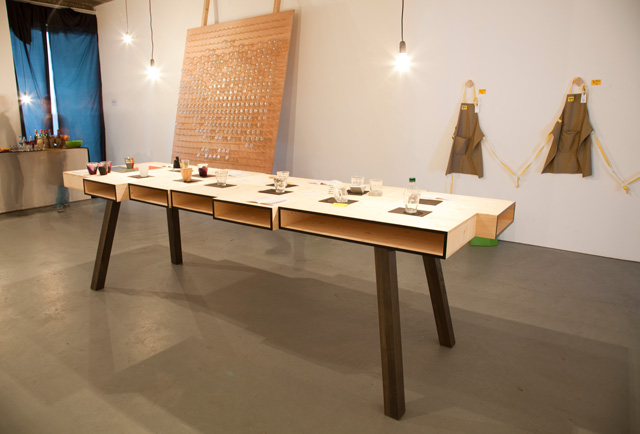
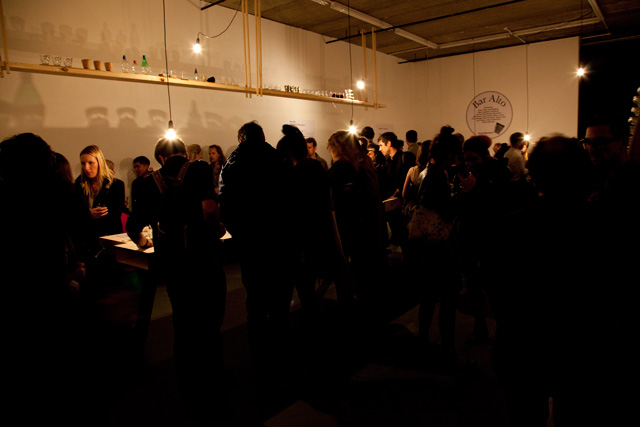
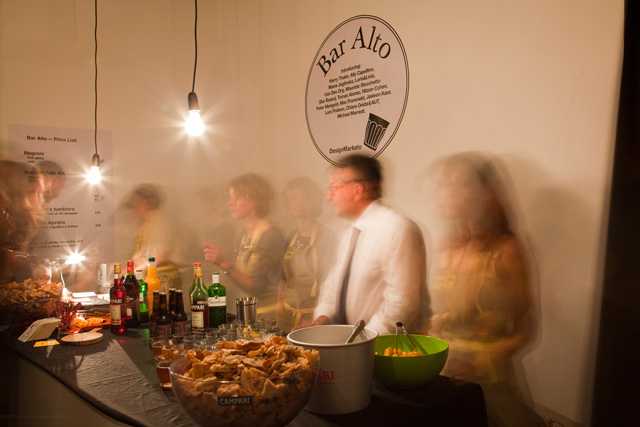
Rule-breaking aside, the Royal College was also the starting point for Bettler’s other main endeavour, DesignMarketo, founded with his friend Jerome Rigaud six years ago. “When we first started it up, it was with the intention of promoting the work of other designers,” he explains. “There were a lot of people who I met at the RCA and whose work I thought was great, and I wanted to find a way to promote what they’re producing.” To do so, Bettler and Rigaud came up with a business model built upon the notion that products are better displayed in social and interactive environments than in sterile shop spaces. DesignMarketo’s small team commission designers and host events and pop-ups, which place their wares in contexts where they can be played with and used. Examples include Perfume, Sir?, an exhibition and series of dinners and workshops centred around pepper, and the renowned pop-up Bar Alto, which tours the world’s design festivals, keeping punters well-lubricated with negronis and showing off a growing collection of glassware commissioned specially for the events.
Events pose a distinct set of challenges from print-focused graphic design - a fact which seems key to their appeal. “Organising events is really more about designing a moment,” he explains. “You have to think about the whole experience, which I think is actually a lot more complex and there are aspects of it that you can’t really predict. I find it more exciting - with graphic design, you’ve got a file that you send to print, and when you receive it it’s great but it’s exactly what you asked for. With an event, there’s an element of the unexpected.”
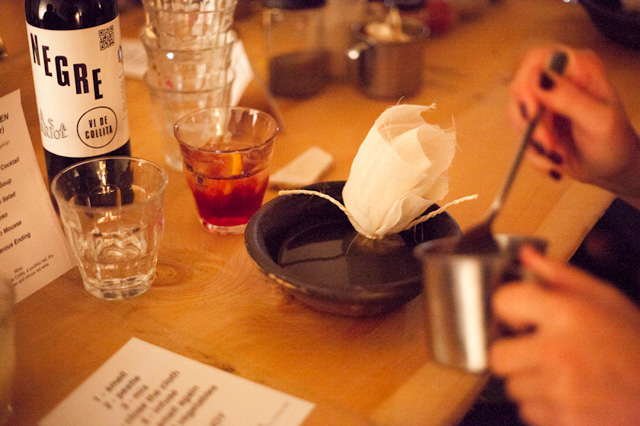
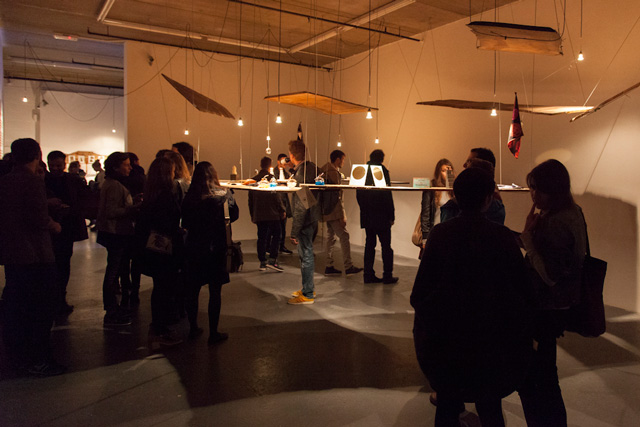
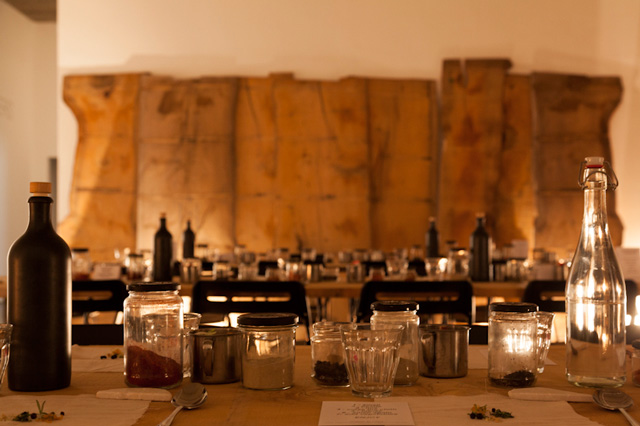
This go-with-the-flow approach is a common thread running through his own diverse practice as a designer. “I think a lot of the work I’ve done was also based on naivety, or perhaps that’s not the right word - I probably mean laziness,” he admits. “I try to be lazy as much as I can, and not design too much, because I worry that if things are overdesigned, then the audience is not going to engage with them. And the they become boring.”
Bettler’s main focus now is on his “the big dream”, to bring together all these different activities under one roof. He’s looking to find a space in London in which to open a bakery of his own, a place from which to sell bread, books and objects, stage events, hold workshops, launch new collaborations - maybe even in which to design. Working at E5 Bakehouse, he’s hoping to learn enough of the craft of breadmaking to make this possible. But he’s also baking for friends, running a small-scale delivery service from his home to share the fruits of his experimentation, and documenting it in an informal way on his blog Today Bread. Baking every day has been a bigger adjustment than he was expecting: “it’s really different, because sourdough is quite a slow process,” he explains. “It’s about giving things time, seeing how the dough is going. It’s an interesting mental exercise.”
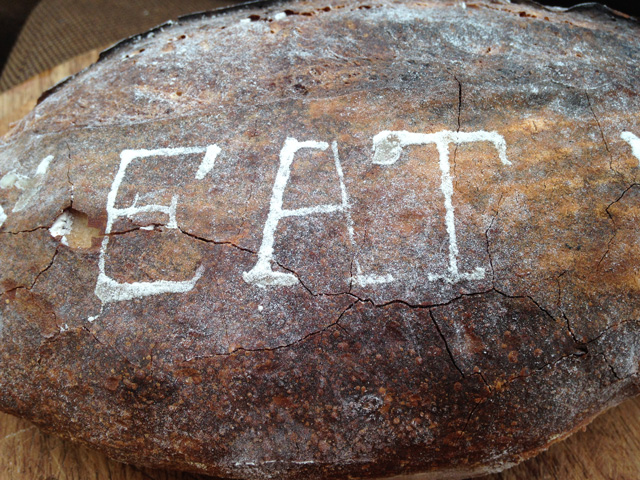
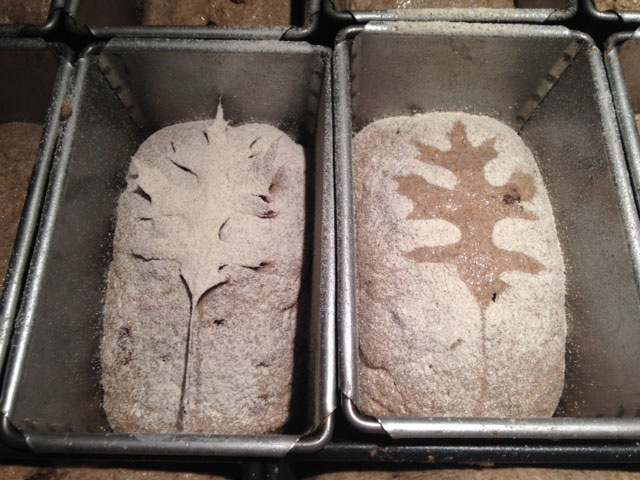
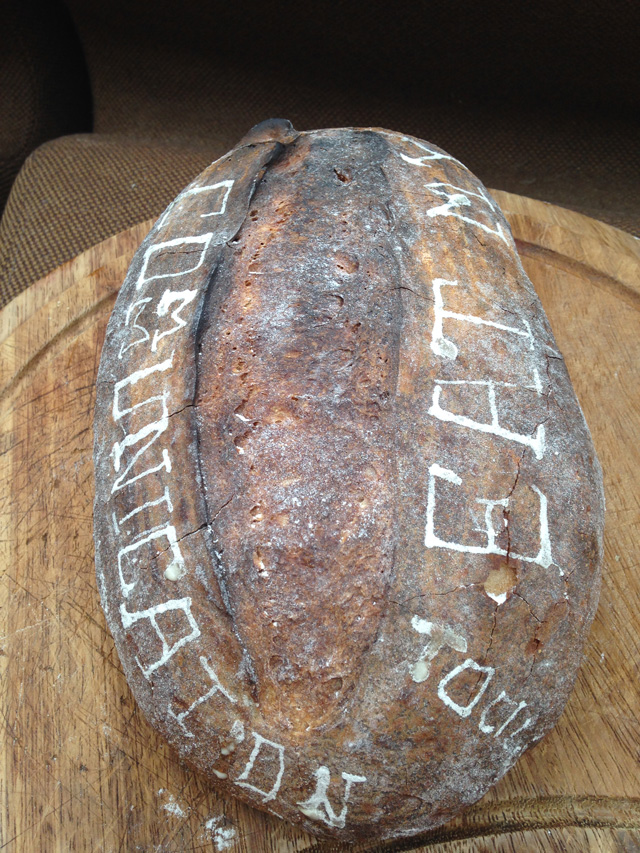
Taking such a step into the unknown is not without its risks, but then risk is never something that Bettler has been particularly averse to in his work - a sense of the unexpected is what drives him. “It’s hard as a designer to surrender that control,” he concedes. “It goes against the habit - and of course there’s the risk that sometimes you end up with a bad or disappointing result. But for me, it’s more about providing the catalyst or the space for things to happen, and creating a less controlled environment, that gives the possibility and the flexibility for that. If the outcome is good, it’s good, and maybe twenty percent of the time you achieve that. But really, it’s about getting somewhere that I don’t think I would go myself. I think for me, that’s what’s exciting.”
todaybread.com
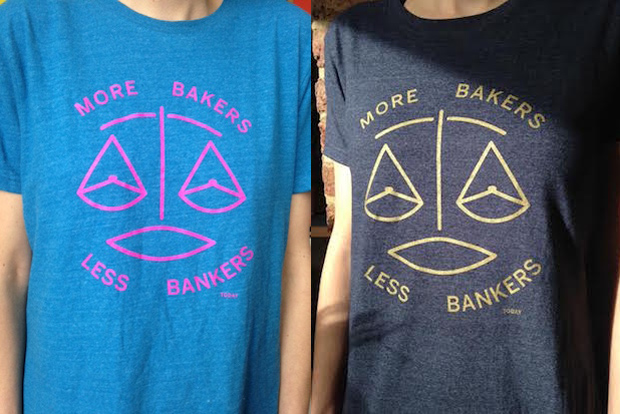
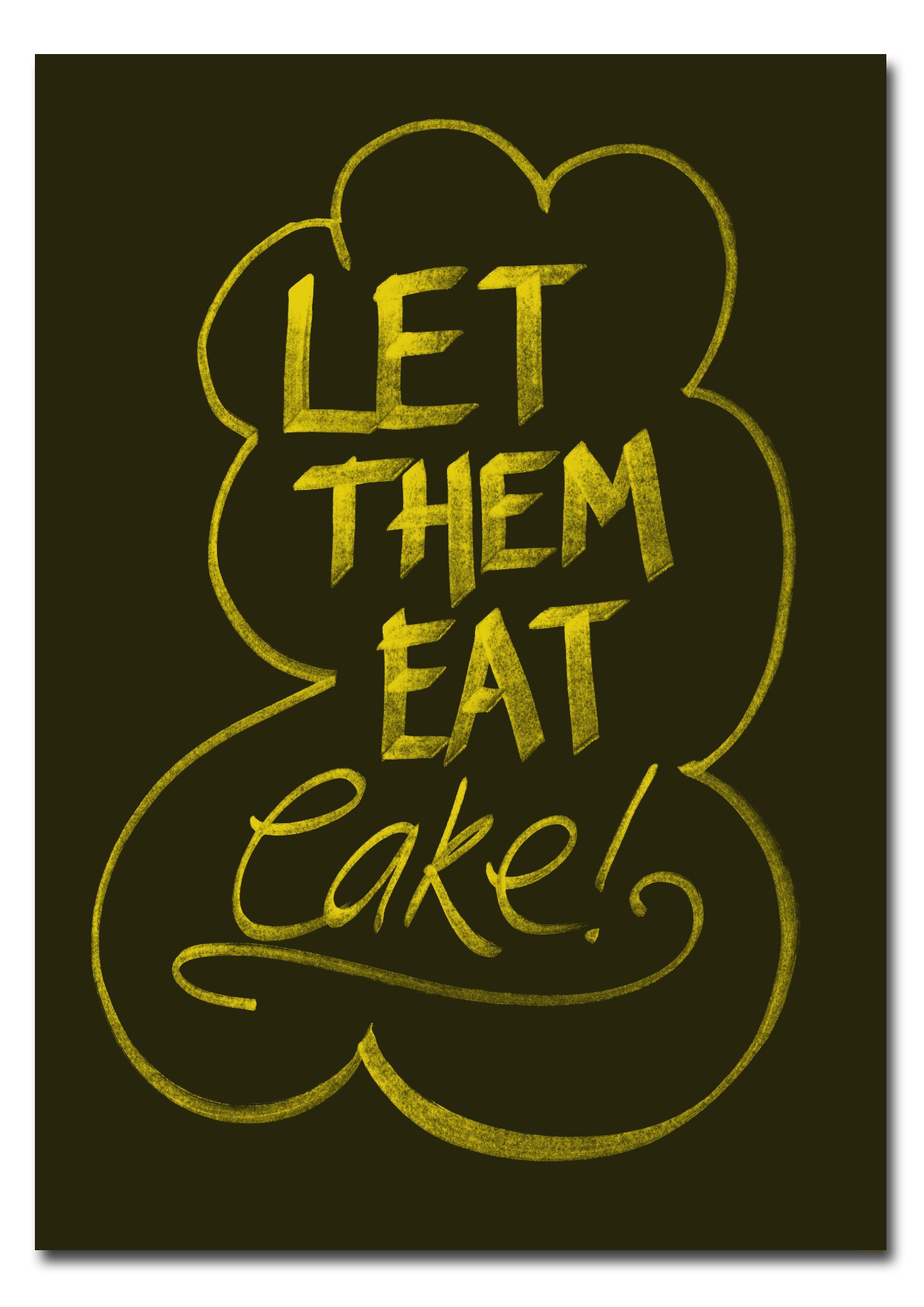
We have one of Alex's T-shirts to give to one lucky Grafik reader – keep your eye on our Facebook page and Twitter feed to find out how you can get your hands on it.

